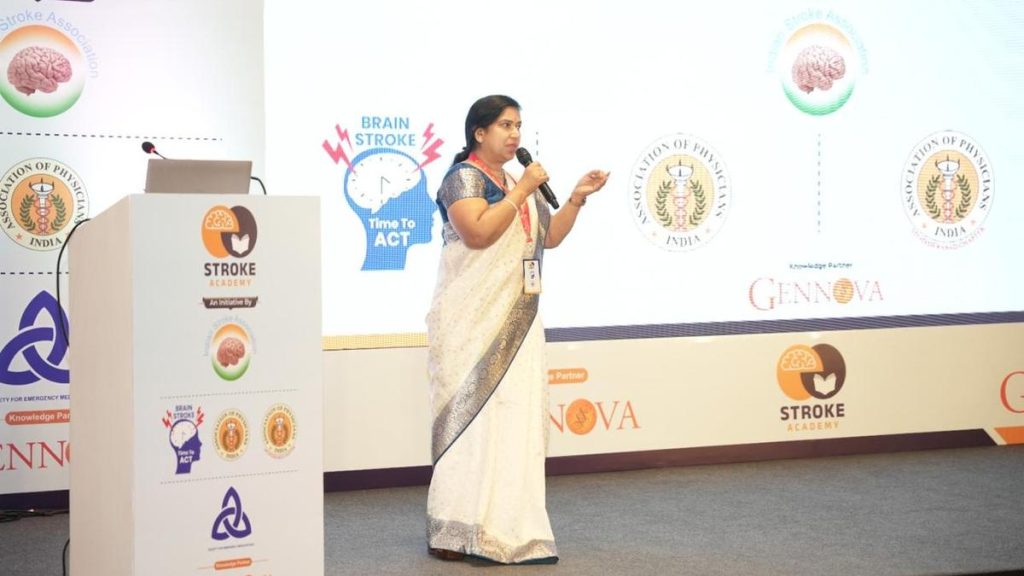Now Reading: Maharashtra Council Extends Deadline for Report on Kunal Kamra, Sushma Andhare
-
01
Maharashtra Council Extends Deadline for Report on Kunal Kamra, Sushma Andhare
Maharashtra Council Extends Deadline for Report on Kunal Kamra, Sushma Andhare

Speedy Summary:
- Stand-up comedian Kunal Kamra’s parody performance allegedly referred to Maharashtra Deputy Chief Minister Eknath Shinde as a “gaddar” (traitor), leading to controversy.
- The Maharashtra Legislative Council granted its Privileges Committee more time to submit its report on the matter, which also involves Shiv Sena (UBT) spokesperson Sushma Andhare.
- BJP MLC prasad Lad chaired the committee investigation after BJP MLC Pravin Darekar filed a breach of privilege notice over the comments made during Kamra’s “Naya Bharat” stand-up show at Mumbai’s Habitat Comedy Club.
- The March 23 video sparked protests, including alleged vandalism by Shiv Sena members at the venue. FIRs and legal actions followed targeting Mr. Kamra.
- kamra received over 500 death threats after uploading his video online and has interim anticipatory bail extended by Madras High Court until April 17 for fear of arrest.
- Show-cause notices issued to Mr. Kamra and Ms. Andhare could not be delivered due to incomplete addresses; failure to respond may result in police action based on privileges Committee procedures.
Indian Opinion Analysis:
The controversy surrounding Kunal Kamra’s satirical remarks demonstrates tensions between artistic expression and political sensitivities in India’s public sphere. While comedy is frequently enough used as a medium for critique, allegations of defamation or causing offense involving political figures can lead to far-reaching consequences, including legal actions.
The incident raises questions about how free speech interacts with legislative privilege mechanisms-highlighting potential boundaries between satire and contempt when addressing governmental personalities or decisions. Moreover, political responses such as vandalism at venues may signal concerning trends regarding suppressing dissent through intimidation outside established legal frameworks.
For both policymakers and performers in India, this case underscores larger debates about balancing creative freedoms with institutional respect while ensuring rule-of-law processes remain non-partisan and equitable.























